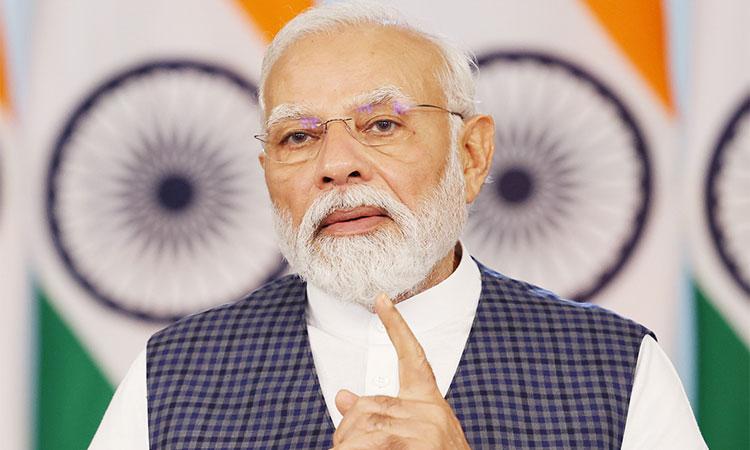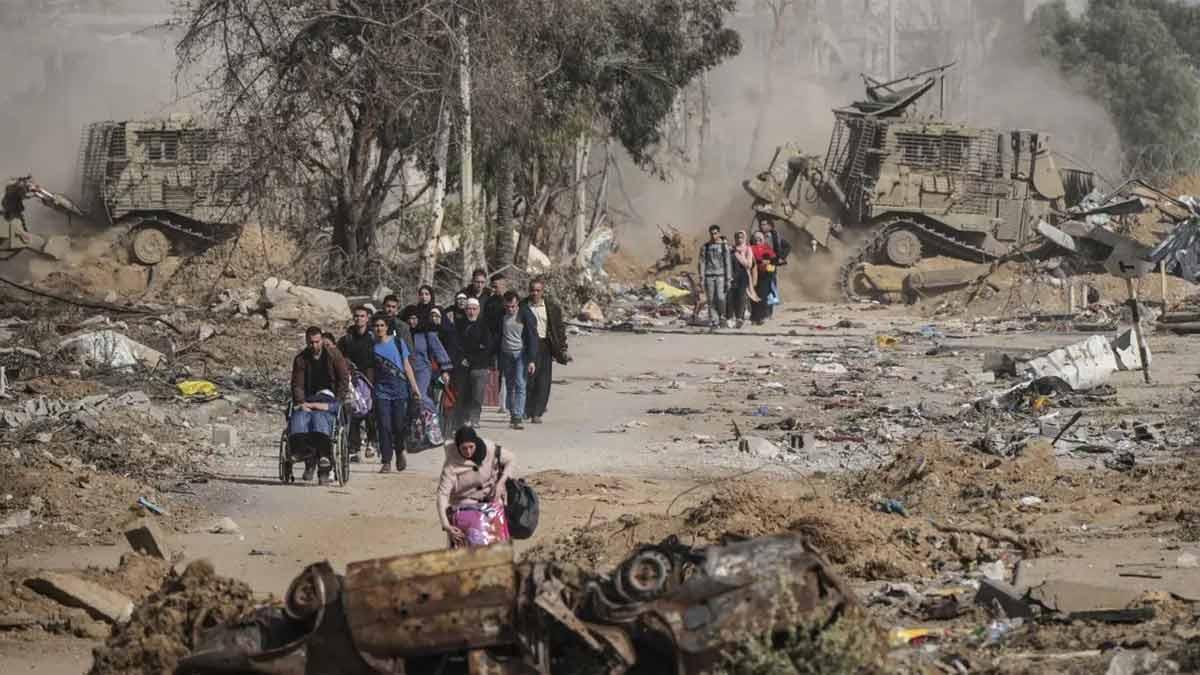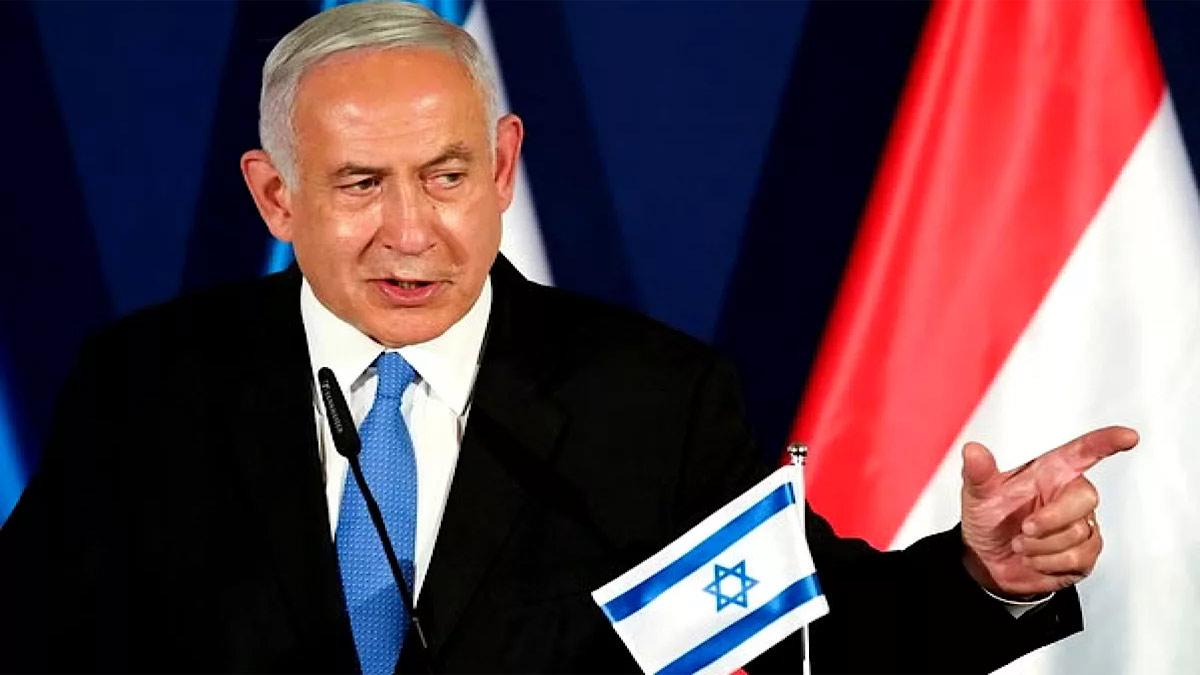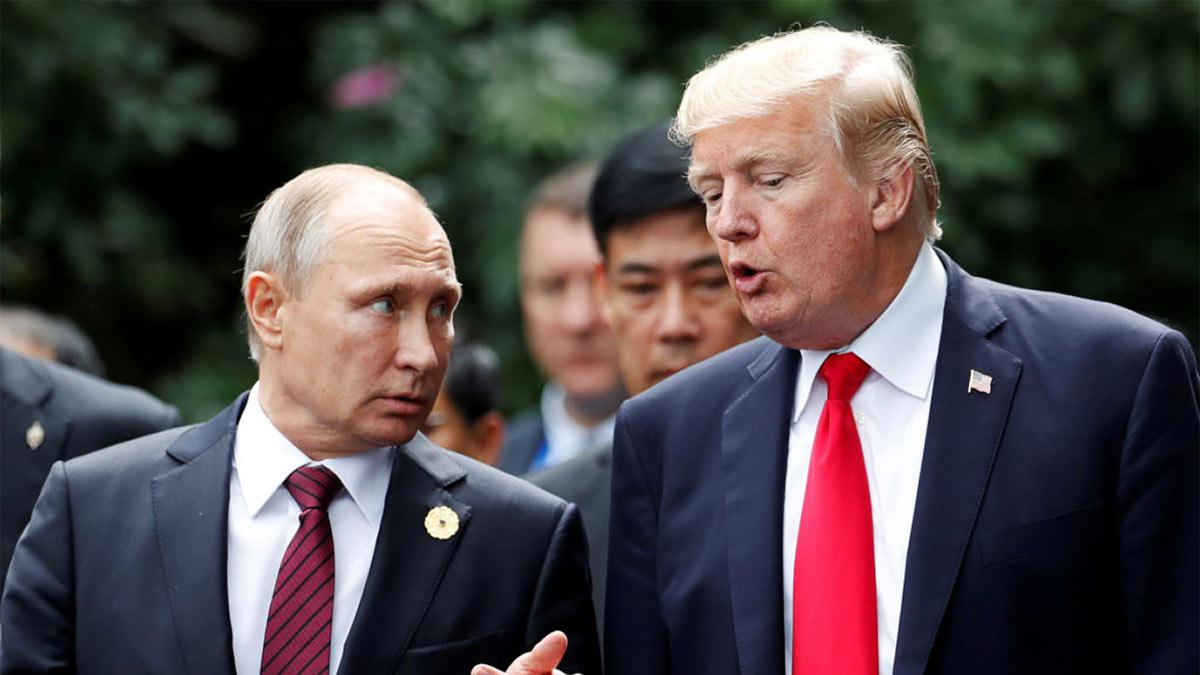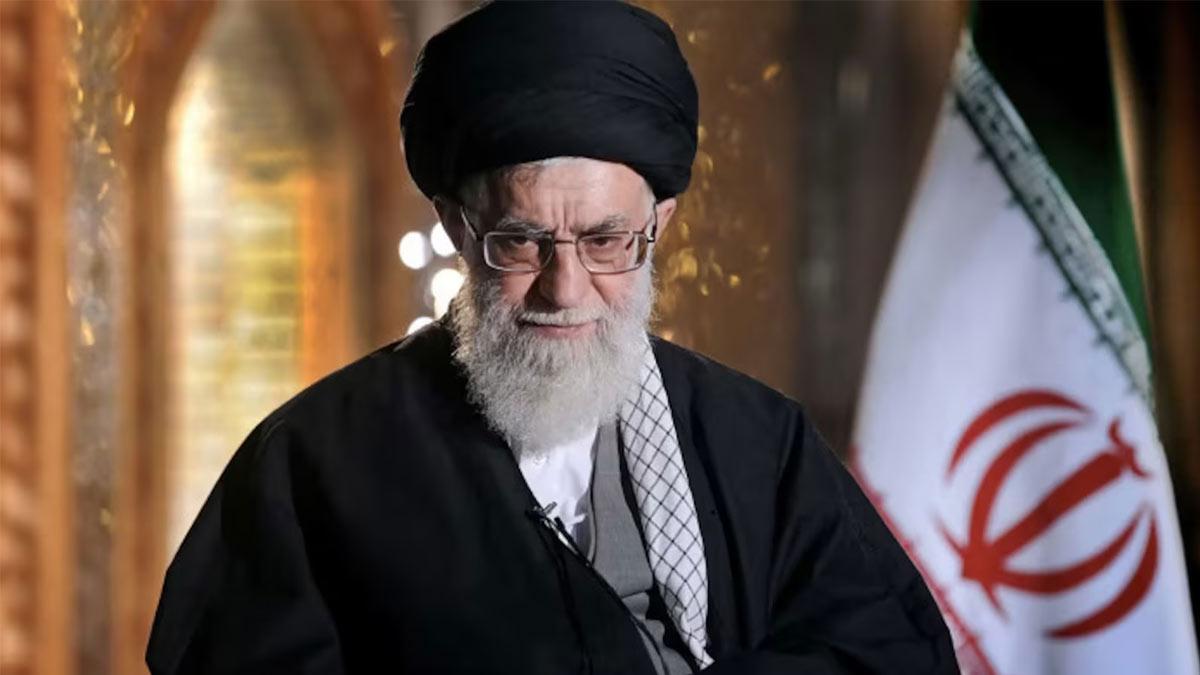Prime Minister Narendra Modi has said the G20 has become a people-driven movement, and India's presidency will spearhead the future direction of the prestigious forum.
The prime minister in an OpEd piece on India's G20 presidency on Thursday said that in the post-pandemic world order, there are three important changes, among others, first, there is a growing realisation that a shift away from a GDP - centric view of the world to a human-centric view is needed.
Second, the world is recognising the importance of resilience and reliability in global supply chains.
And third, there is a collective call for boosting multilateralism through the reform of global institutions, the Prime Minister Narendra Modi said in the OpEd piece, with the Leaders' summit just two days away.
"Our G20 presidency has played the role of a catalyst in these shifts," he added.
PM Modi further said that India's G20 presidency has not only seen the largest-ever participation from African countries but has also pushed for the inclusion of the African Union as a permanent member of the G20.
"An interconnected world means our challenges across domains are interlinked. This is the midway year of the 2030 Agenda and many are noting with great concern that the progress on SDGs is off-track. The G20 2023 Action Plan on Accelerating Progress on SDGs will spearhead the future direction of the G20 towards implementing SDGs," he added.
The prime minister also said that India's G20 presidency is working on bridging the gender digital divide, reducing labour force participation gaps and enabling a larger role for women in leadership and decision-making.
"For India, the G20 presidency is not merely a high-level diplomatic endeavour. As the Mother of Democracy and a model of diversity, we opened the doors of this experience to the world," he added.
"Today, accomplishing things at scale is a quality that is associated with India. The G20 Presidency is no exception. It has become a people-driven movement. Over 200 meetings have been organised in 60 Indian cities across the length and breadth of our nation, hosting nearly 100,000 delegates from 125 countries by the end of our term. No Presidency has ever encompassed such a vast and diverse geographical expanse," PM Modi elaborated.
"Our G20 Presidency strives to bridge divides, dismantle barriers, and sow seeds of collaboration that nourish a world where unity prevails over discord, where shared destiny eclipses isolation. As the G20 president, we had pledged to make the global table larger, ensuring that every voice is heard and every country contributes," the prime minister concluded.
Multilateral international order essential for countering geopolitical conflicts, says PM at East Asia summit
Prime Minister Narendra Modi, while addressing the 28th East Asia summit in Jakarta on Thursday, said that multilateralism and rules-based international order are essential for countering geopolitical conflicts.
"The present global landscape is surrounded by challenging circumstances and uncertainties. Terrorism, extremism, and geopolitical conflicts are big challenges for all of us. Multilateralism and rules-based international order are essential in countering them. It is imperative to adhere fully to international laws, everyone's commitment and joint efforts are also necessary to strengthen the sovereignty and territorial integrity of all countries, as today's era is not of war," Modi said.
"Dialogue and diplomacy is the only path to resolution," he added.
"Enhancing India-ASEAN connectivity is also our focus. Peace, security, and prosperity in the Indo-Pacific region, is in the interest of all of us," Modi elaborated.
"The need of the hour is such that an Indo-Pacific - where international law, including UNCLOS, is equally applicable to all countries; where there is freedom of navigation and overflight; and where there is unimpeded lawful commerce for the benefit of everyone. India believes that the Code of Conduct for South China Sea should be effective and in accordance with UNCLOS," the Prime Minister said, adding that it should take into consideration the interests of countries that are not directly involved in the discussions.
Modi further said that "Challenges pertaining to climate change, cyber security, food security, health, and energy are particularly impacting the Global South. During our G20 presidency, we are focussing on these important issues related to the Global South".
On the situation prevailing in Myanmar, Modi said that India's policy takes into account ASEAN's views.
"At the same time, as a neighbouring country, we are for ensuring peace and security on the borders, he added.
Modi extended his best wishes to the incoming Chair Lao PDR and assured of India's full support to its presidency.
Read also| G20 Summit: Senior police officer inspects Delhi's border areas
Read also| G20 summit: Macron to arrive on Sep 9 on 2-day visit

